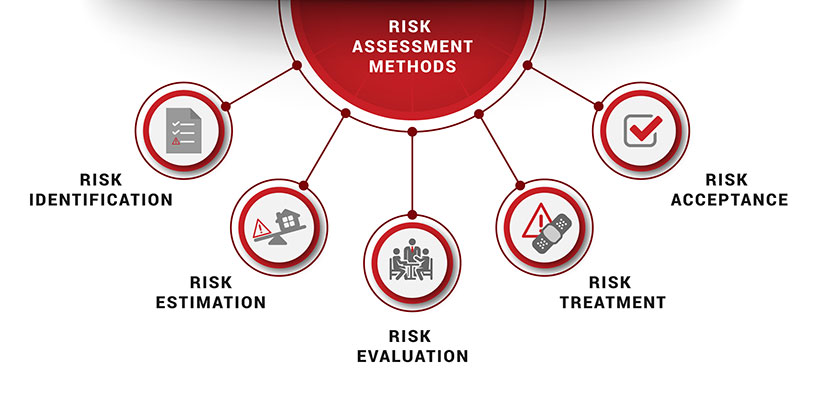
Contrary to most other countries, Taiwan's garbage trucks lead the fight against excessive waste. As of 2016, Taiwan's recycling rate was over 50%. This makes Taiwan one of the best recyclers in the entire world. Taiwan is also the second-most waste-free nation in the world, after Germany.
Taiwanese trash trucks play many different types of music. There are also trucks that perform traditional Chinese songs during Chinese New Year.
For example during COVID-19 a national holiday in Taiwan, trash trucks play Beethoven's Fur Elise. The iconic tune is performed by a fleet garbage trucks in the city. Its significance is not only in the way it is played, but how it symbolizes the Taiwanese waste management system.

Another example of this is the "Maiden's Prayer," a song that is played by garbage trucks. This song is a mixture of trash collection and classical music. It is a piece of music composed by Tekla Badarzewska-Baranowska, a Polish composer. It is one the most well-known pieces of music used by garbage trucks.
Although it is a little out of date, this song is still the most well-known. The song has been played on trash trucks for over 20 years and it's still one of the most popular tunes to this day. It is also credited with changing Taiwanese attitudes towards waste disposal.
It is interesting that the song can be played at different times of the night and day. The truck's song is the only way in some areas of Taiwan to hear the sounds and life of your community. This has a positive affect on lives and fosters community in many neighbourhoods. It is also one of the most loved tunes by trucks across the country.
Taiwan's "Fur Elise," which is a popular piece of music for garbage trucks, is also one among the most famous tunes in Taiwan. The piano melody by 19th-century Polish composer Tekla Badarzewska-Baranowska was chosen to play on garbage trucks by Taiwan's Environmental Protection Administration in 1997. It is still played on a daily basis in Taiwan.

There are many mobile apps available in Taiwan that will alert users when garbage trucks arrive nearby. These apps can display information like the address of a garbage pickup site. Several of these apps also have games and features that help users learn about the trash pickup system in their neighborhood.
Another interesting tidbit is that trash trucks in Taiwan play Beethoven's "Fur Elise" on a regular basis. According to 2016 statistics, Taiwan's garbage trucks were the most popular in the nation. Taiwan is one of the leading recyclers of household waste, with a household recycling rate exceeding 50% in 2017. It has a recycling rate that is twice as high in Taiwan as Canada, and three times as high as Germany.
Even though trash truck music in Taiwan has been played for more than twenty years, the government seeks to improve the music.
FAQ
What are management principles?
Management Concepts are the principles and practices managers use to manage people and resources. They cover topics such as job descriptions and performance evaluations, human resource policies, training programs, employee motivation, compens systems, organizational structure, among others.
What are the most common errors made by managers?
Sometimes, managers make their job more difficult than it is.
They might not give enough support and delegate the right responsibilities to their staff.
Many managers lack the communication skills to motivate and lead their employees.
Managers set unrealistic expectations and make it difficult for their team.
Some managers may try to solve every problem themselves instead of delegating responsibility to others.
Six Sigma is so beloved.
Six Sigma is easy and can deliver significant results. It also provides a framework for measuring improvements and helps companies focus on what matters most.
What are the 3 main management styles?
The three basic management styles are: authoritarian, laissez-faire, and participative. Each style has its strengths and weaknesses. Which style do YOU prefer? Why?
Authoritarian - The leader sets the direction and expects everyone to comply with it. This style works well if an organization is large and stable.
Laissez-faire is a leader who allows everyone to make their own decisions. This style works best when an organization is small and dynamic.
Participative – The leader listens and takes in ideas from all. This approach works best in small organizations where everyone feels valued.
Statistics
- 100% of the courses are offered online, and no campus visits are required — a big time-saver for you. (online.uc.edu)
- The profession is expected to grow 7% by 2028, a bit faster than the national average. (wgu.edu)
- This field is expected to grow about 7% by 2028, a bit faster than the national average for job growth. (wgu.edu)
- Our program is 100% engineered for your success. (online.uc.edu)
- UpCounsel accepts only the top 5 percent of lawyers on its site. (upcounsel.com)
External Links
How To
How do you apply the Kaizen method to your life?
Kaizen means continuous improvement. This Japanese term refers to the Japanese philosophy of continuous improvement that emphasizes incremental improvements and constant improvement. It's a team effort to continuously improve processes.
Kaizen is one method that Lean Manufacturing uses to its greatest advantage. The concept involves employees responsible for manufacturing identifying problems and trying to fix them before they become serious issues. This is how you can improve the quality and lower the cost.
Kaizen is a way to raise awareness about what's happening around you. It is important to correct any problems immediately if they are discovered. If someone is aware of a problem at work, he/she should inform his/her manager immediately.
There are some basic principles that we follow when doing kaizen. When working with kaizen, we always start with the end result and move towards the beginning. If we want to improve our factory for example, we start by fixing the machines that make the final product. We then fix the machines producing components, and the machines producing raw materials. We then fix the workers that work with those machines.
This method, called 'kaizen', focuses on improving each and every step of the process. Once we have finished fixing the factory, we return to the beginning and work until perfection.
You need to know how to measure the effectiveness of kaizen within your business. There are many ways to tell if kaizen is effective. One of these ways is to check the number of defects found on the finished products. Another way to find out how productive your company has been since you implemented kaizen is to measure the increase in productivity.
To determine if kaizen is effective, you should ask yourself why you chose to implement kaizen. Did you do it because it was legal or to save money? It was a way to save money or help you succeed.
If you answered yes to any one of these questions, congratulations! You're ready to start kaizen.